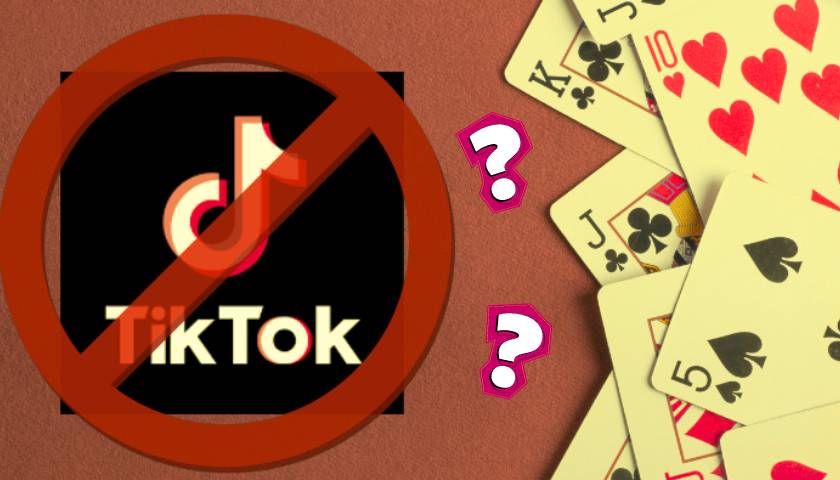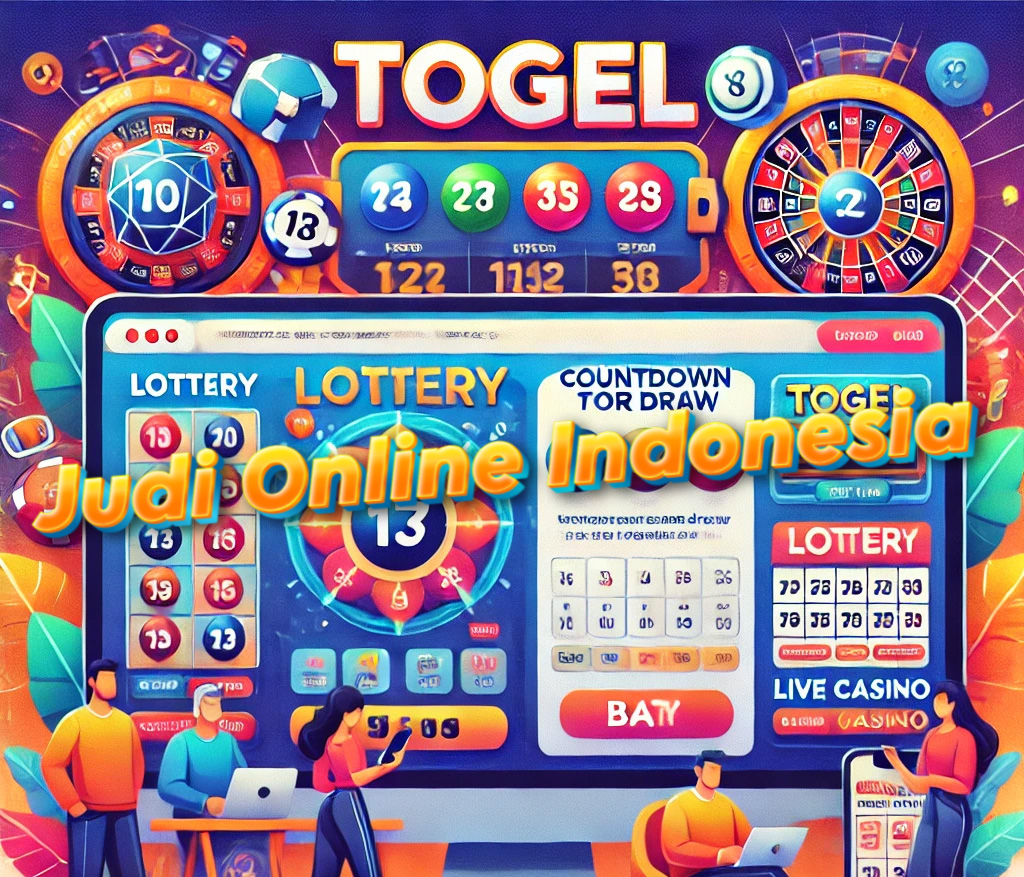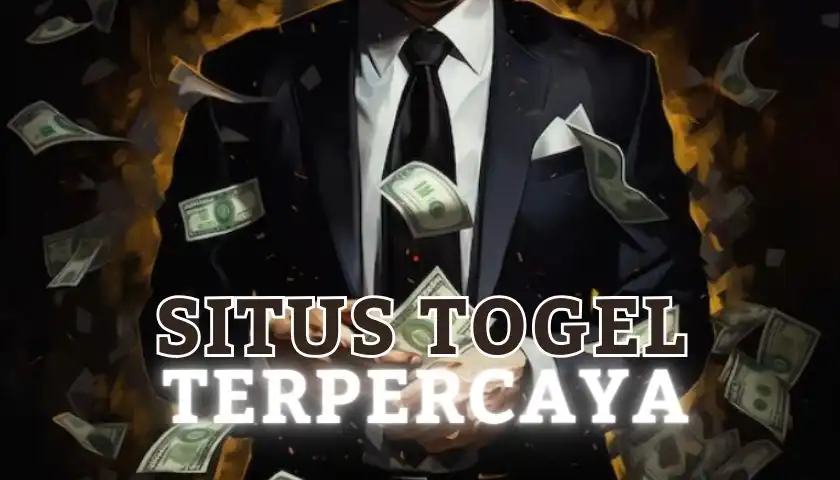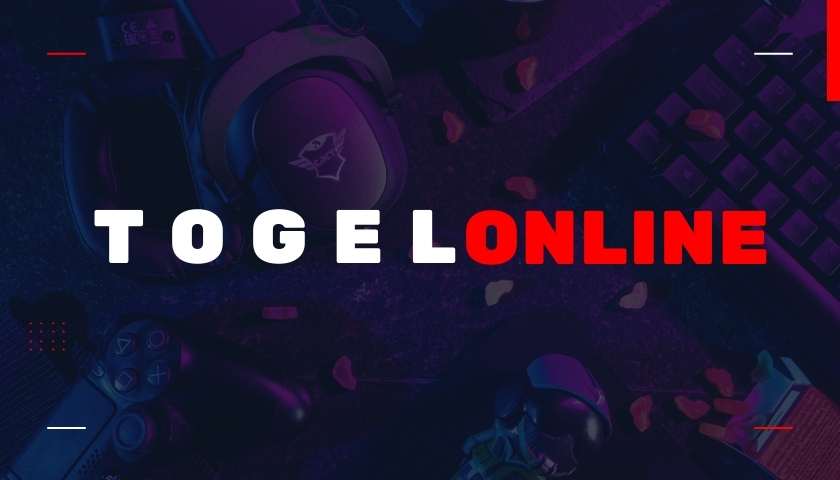The wildly popular short-form video site TikTok has drawn millions of users globally and developed into a center for social networking, innovation, and entertainment. Live poker games are one noteworthy exclusion from the extensive selection of material available on TikTok, which also includes challenges, dances, and lessons. Conversely, live gaming experiences are provided by online Togel sites like situs togel resmi, which let users take part in draws and events that happen in real time. In this paper, we investigate platform dynamics, audience preferences, legal issues, and technological difficulties as the reasons for the lack of live poker games on TikTok in contrast to live Togel games on internet platforms.
Dynamics of Platforms and Content Limitations
- Video Format: Media Type of Video Live poker games usually demand for longer gaming and involvement, so TikTok’s short-form video format—which is defined by short, interesting clips—may not be ideal. The focus of the site on short, easily absorbed material might make live gaming sessions impractical since they would not fit with user expectations and watching patterns.
- Content Limitations: TikTok has tight rules and community norms controlling the kind of stuff that may be posted on the network. Though poker is a well-known and well-liked game, its connection to gambling might make it difficult to moderate material and follow TikTok’s rules. To keep things family-friendly and stay out of any regulatory hot water, the site could decide against offering live poker games.
Preferences and Interaction of Audience:
- Demographic Profile: Profile of Demography Millennials and Gen Z, two younger populations with maybe different interests and preferences than traditional poker players, make up the majority of TikTok’s user base. Poker has a wide appeal, but older audiences that are conversant with the game and its customs can find more resonance in live gaming encounters.
- Engagement Dynamics: TikTok is primarily dependent on short, very shareable material that promotes participation and engagement. The slower and lengthier live poker games may not fit well with TikTok’s fast-paced, snackable content strategy, which would make them less suited to producing the high levels of engagement and virality that the platform values.
Legal Frameworks and Regulations:
- Legal Gambling: Live poker game hosting on social media sites like TikTok may or may not be permitted based on local gaming laws and regulations. Operators of internet gambling must get licenses and follow tight compliance regulations in many countries. To stay out of any legal and regulatory hot water, TikTok could decide against playing live poker.
- Responsible Gaming: Social media companies owe obligations to their users—especially the younger ones—to shield them from the negative or compulsive habits connected to gambling. Holding live poker games on TikTok might cause the platform to take extra care and give responsible gaming practices top priority as it could be seen as encouraging gambling-related material to susceptible viewers.
Problems Technically and Infrastructure Needs:
- Streaming Infrastructure: Providing live poker games calls for a strong streaming infrastructure that can handle chat, interactions, and gaming in real time. Though TikTok is technically capable of supporting live broadcasting, scalability and resource allocation may be difficult to achieve by putting in place and maintaining the required infrastructure.
- User Experience: For live gaming systems, a smooth and pleasurable user experience is critical. With its emphasis on short-form video material rather than live streaming, TikTok may have trouble maximizing the user experience, video quality, and latency for live poker games.
Synopsis Investigating the Contradiction between Live Gaming and TikTok
Finally, platform dynamics, audience preferences, regulatory issues, and technological difficulties may all be blamed for the lack of live poker games on TikTok compared to the existence of live Togel games on online daftar togel platforms. Even as TikTok has become a top source for amusement and short-form video, live poker games move more slowly and last longer than TikTok’s concentration on rapid, snackable material. Regulating limitations and worries about responsible gaming might further discourage TikTok from providing gambling-related material, including live poker games. It will be fascinating to see going ahead how social media platforms handle the nexus of gaming, entertainment, and regulatory compliance and if live poker games can survive in the always changing online content production and consumption scene.



